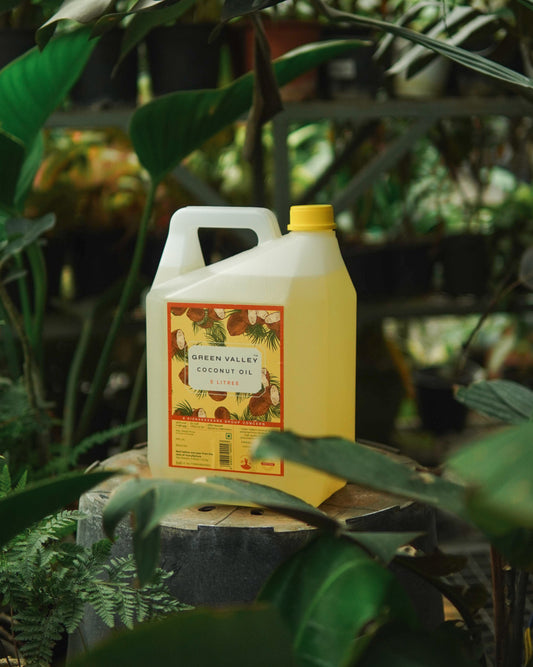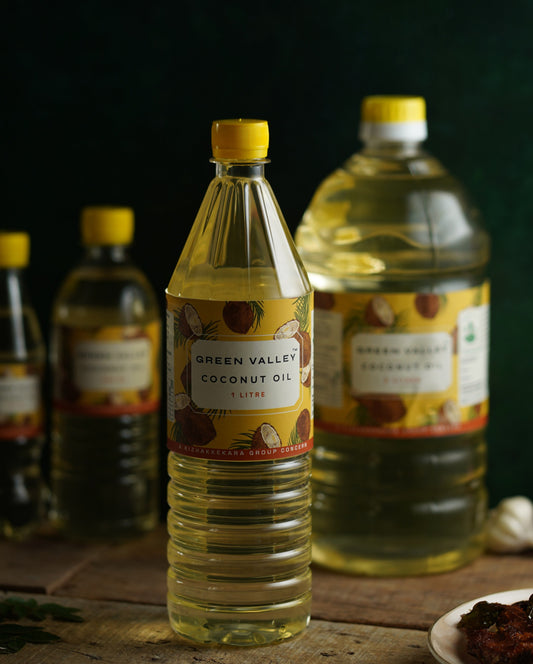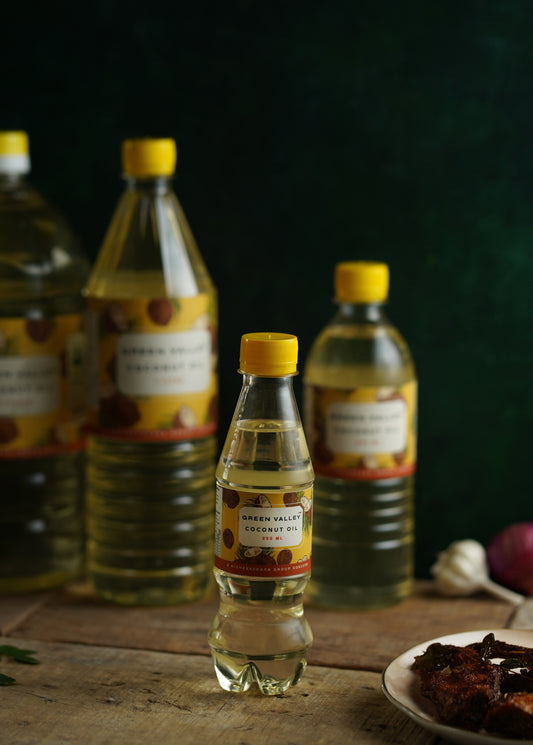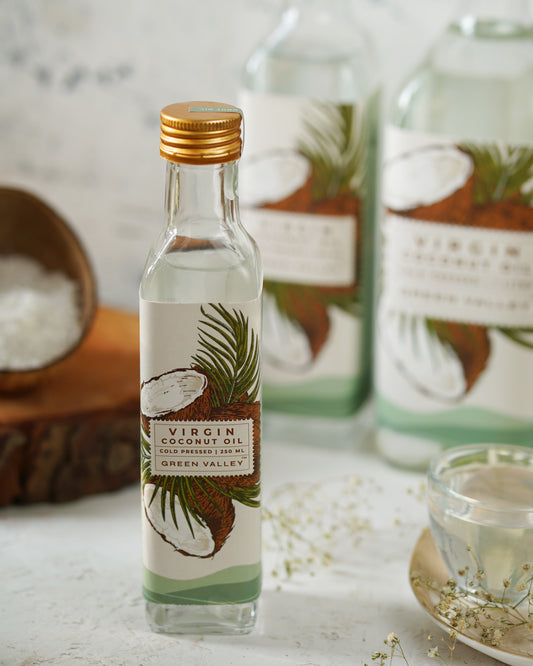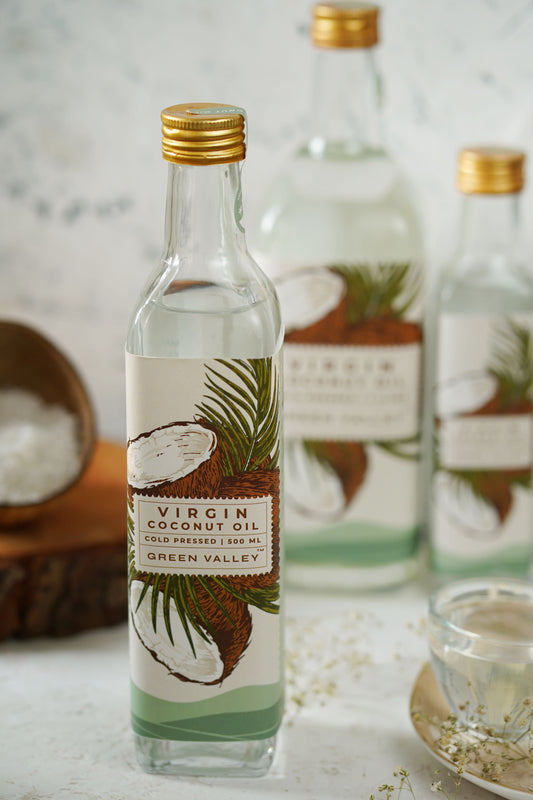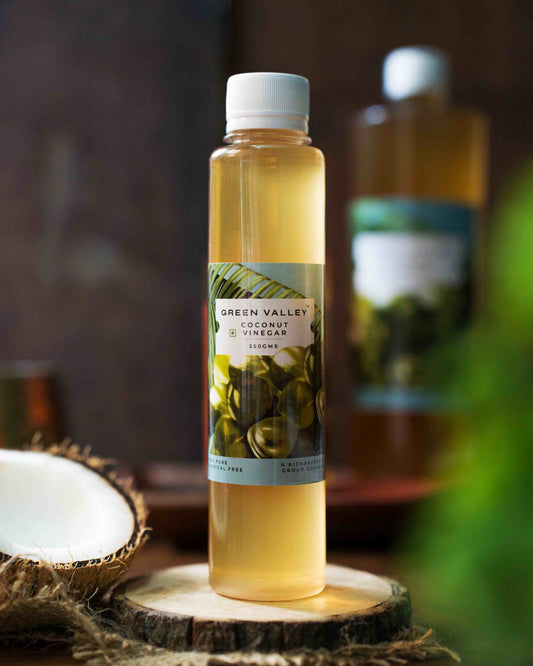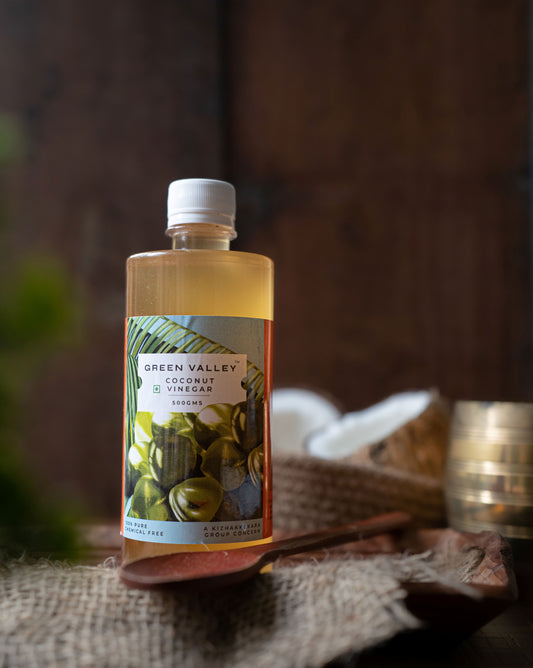If your hair crackles like a campfire when you run your fingers through it, welcome to the dry and damaged club. The good news? You’re not alone. The even better news? Nature’s got your back—with two heavyweights entering the ring: flaxseed oil and virgin coconut oil.
Now, both come with their fan clubs and promise miracles on a bottle. But when it comes to reviving damaged, straw-like strands, which one delivers?
Let’s comb through the facts (and myths), shall we?
First Things First: What Damaged Hair Needs
Before we get into oils, let’s talk about what your hair is desperately crying for right now:
-
Moisture
-
Protein protection
-
Scalp health
-
Repair of broken bonds
-
And, frankly, a break from all that heat styling
You want an oil that can penetrate, nourish, and shield—not just sit on top like a shiny but useless helmet.
Virgin Coconut Oil: The Deep Worker
Coconut oil is the skincare-and-haircare equivalent of that kid in school who was annoyingly good at everything. Especially when it’s virgin (cold-pressed, unrefined, not messed with).
Why it’s great for dry, damaged hair:
-
Penetrates the hair shaft: Unlike many oils that just coat your hair, virgin coconut oil seeps into the strand. This helps reduce protein loss, which is critical when your hair’s been through a lot—bleach, colour, sun, straighteners, breakups, you name it.
-
Rich in lauric acid: This medium-chain fatty acid strengthens hair structure, calms inflammation on the scalp, and adds shine without the grease.
-
Prevents breakage: Use it before shampooing, and it acts like a tiny coconut-scented superhero, protecting your strands from water damage and shampoo overload.
-
Great for frizz: A tiny bit post-wash works wonders to seal split ends and tame the puff.
For damaged hair? It’s pretty much a miracle in a jar.
Flaxseed Oil: The Omega King
Let’s not ignore flaxseed oil—it’s been making noise in the health world for years. And yes, it has its merits, especially when it comes to scalp care and nutrition from within.
What makes flaxseed oil special?
-
Rich in omega-3 fatty acids: These help reduce scalp inflammation, nourish follicles, and may promote stronger hair growth over time.
-
Vitamin E bomb: A natural antioxidant that improves circulation to the scalp and keeps things calm and flake-free.
-
Great as a dietary supplement: Most of its hair benefits come when consumed (1 tbsp/day, if your stomach agrees), rather than used topically.
-
Seals in moisture—but doesn’t penetrate: On the hair strand, it sits more on the surface. Think of it like a conditioner, rather than a deep-repair mask.
For hair that’s dry but not too damaged, it’s a solid supporting act. But if your ends are crying and your strands are snapping, you might need more.
So… Which One Wins for Damaged, Dry Hair?
🏆 Virgin Coconut Oil. No contest.
Here’s why:
|
Feature |
Virgin Coconut Oil |
Flaxseed Oil |
|
Penetrates Hair Shaft? |
✅ Yes |
❌ No |
|
Reduces Protein Loss? |
✅ Proven |
❌ Not significantly |
|
Scalp Health Support |
✅ Anti-inflammatory |
✅ Anti-inflammatory |
|
Promotes Hair Growth |
✅ Indirectly |
✅ Possibly via diet |
|
Good for Pre-Wash Treatment |
✅ The best |
❌ Not as effective |
|
Frizz Control |
✅ Excellent |
✅ Decent |
|
Ideal for Damaged Hair |
✅ Absolutely |
❌ Only mild to moderate cases |
Can You Use Both?
Of course! You’re not in a monogamous relationship with oil.
Here’s how you can make them work together:
-
Use virgin coconut oil as your go-to pre-wash treatment (1–2 hours before shampoo or overnight if you're feeling luxurious).
-
Use flaxseed oil in your diet (add to smoothies or salads) for long-term scalp health and growth.
-
You can also mix the two in a DIY hair mask if you’re feeling experimental, but make sure coconut oil is the dominant one in the mix.
Quick Application Tips
-
Warm slightly before use—oils absorb better when slightly heated (not fried, just warm).
-
Massage into scalp using circular motions to stimulate blood flow.
-
Focus on ends if split ends and breakage are your nemesis.
-
Wash thoroughly with a gentle, sulfate-free shampoo. You don’t want a build-up.
-
Patch test if you're new to either oil, because angry scalps are not cute.
Final Verdict
If your hair is dry, damaged, or just plain depressed, virgin coconut oil is your MVP. It gets into the strand, feeds it from the inside, and protects it like a tiny bodyguard with a tropical scent.
Flaxseed oil? Great for your scalp and internal nourishment, but not as effective for external repair.
So if you’re looking to revive your hair from the brink of disaster, you know who to call.
Spoiler: it comes in a jar, smells like coconuts, and has been silently judging your hair routine all along.


